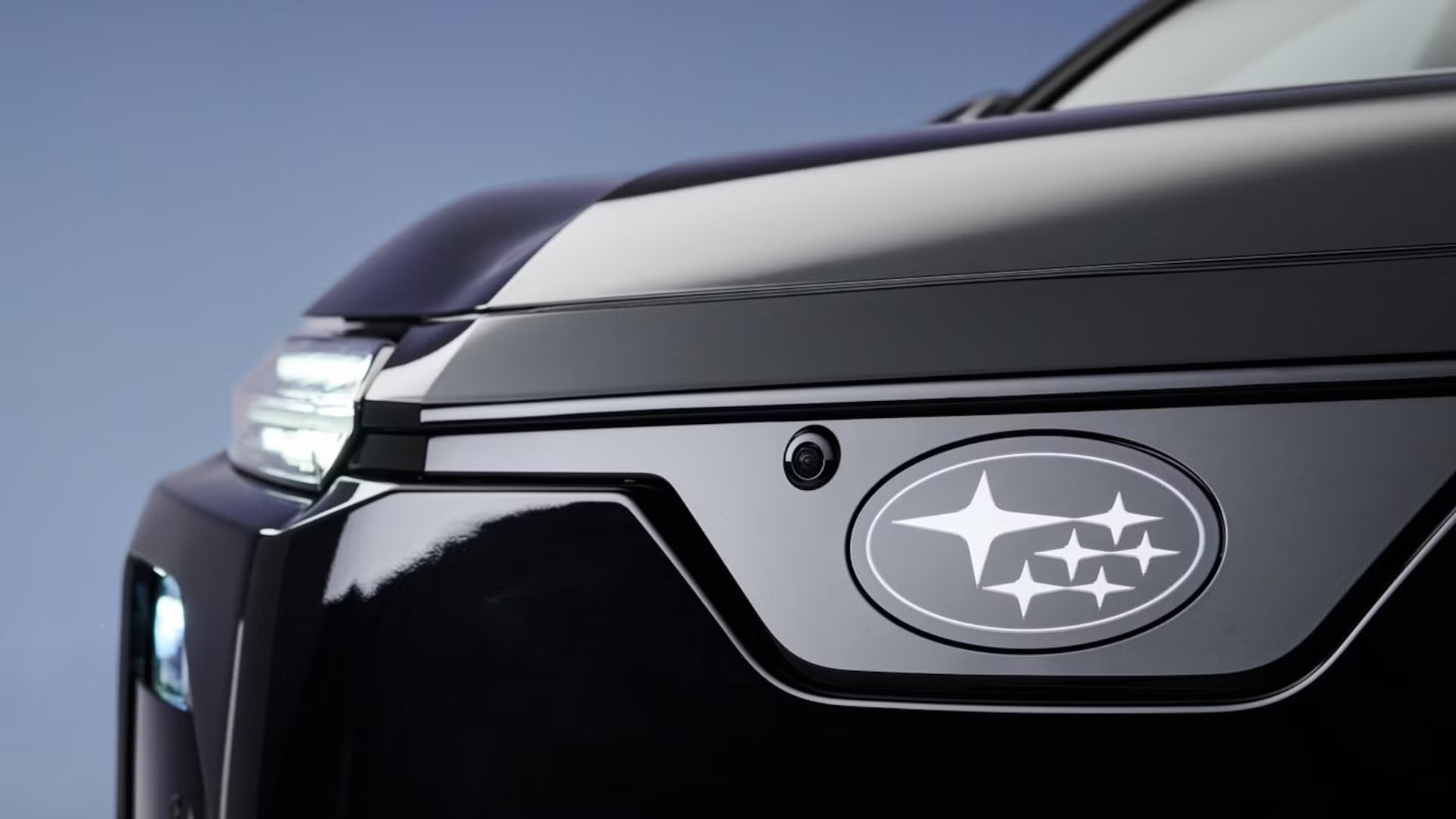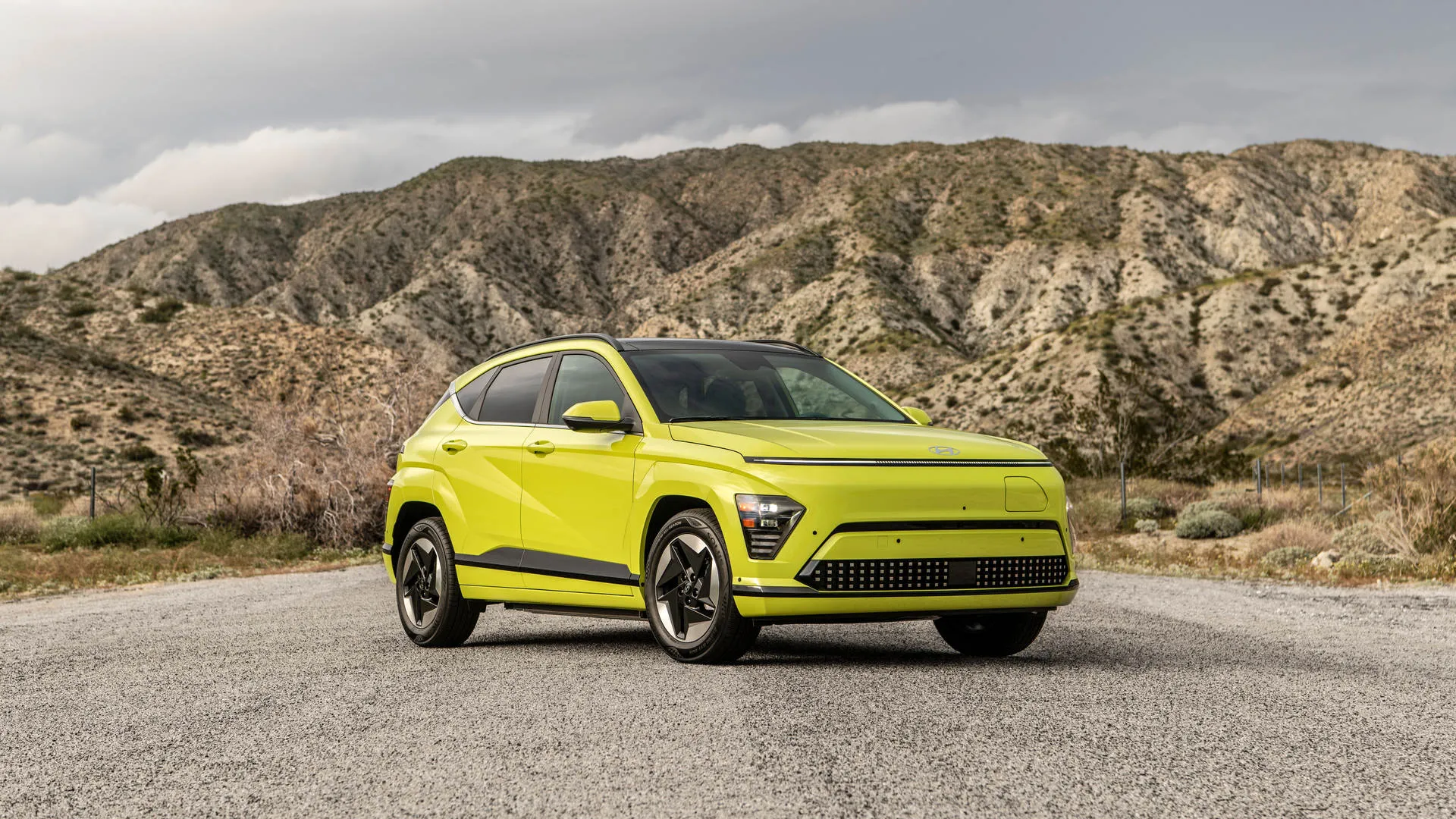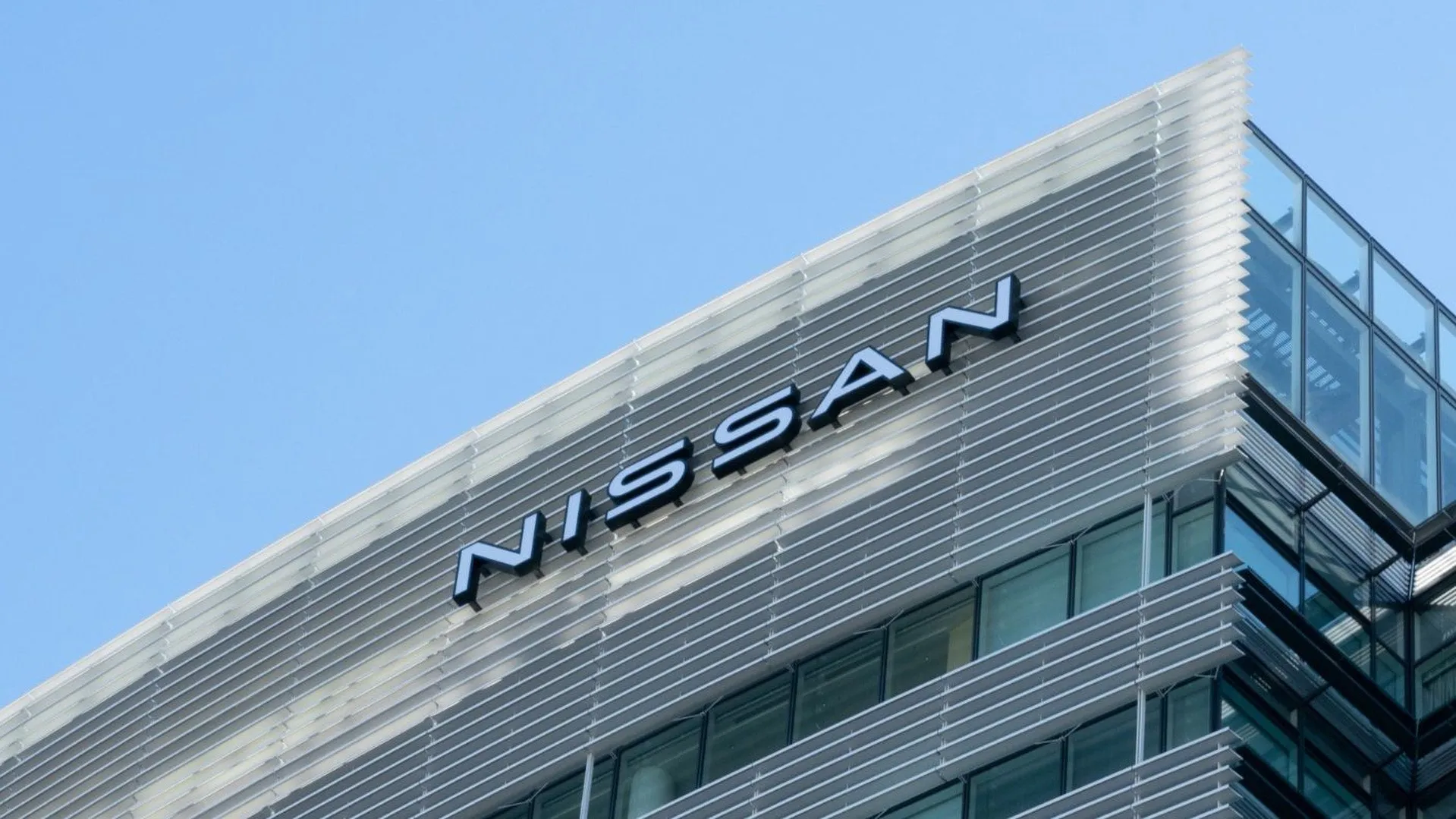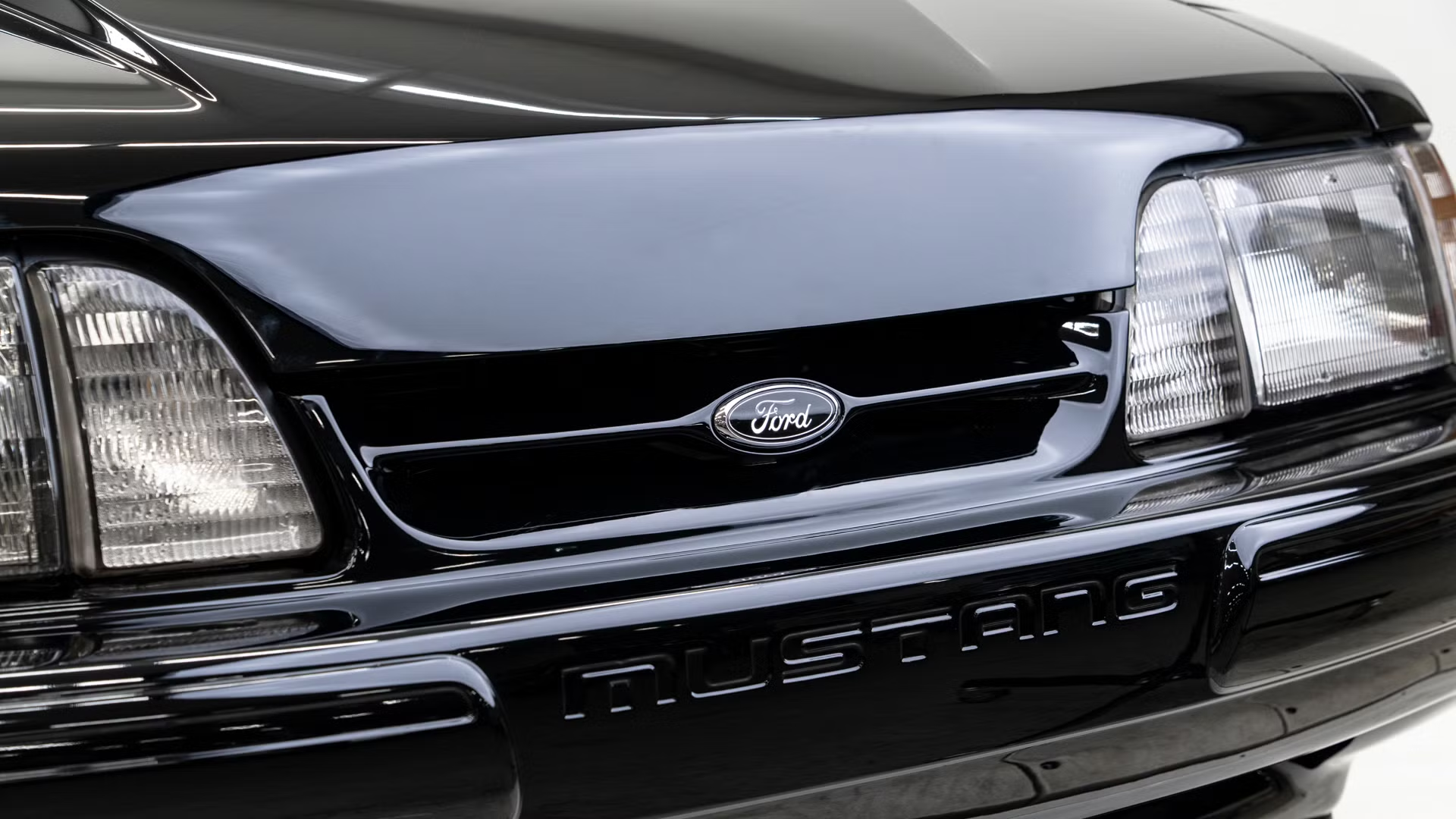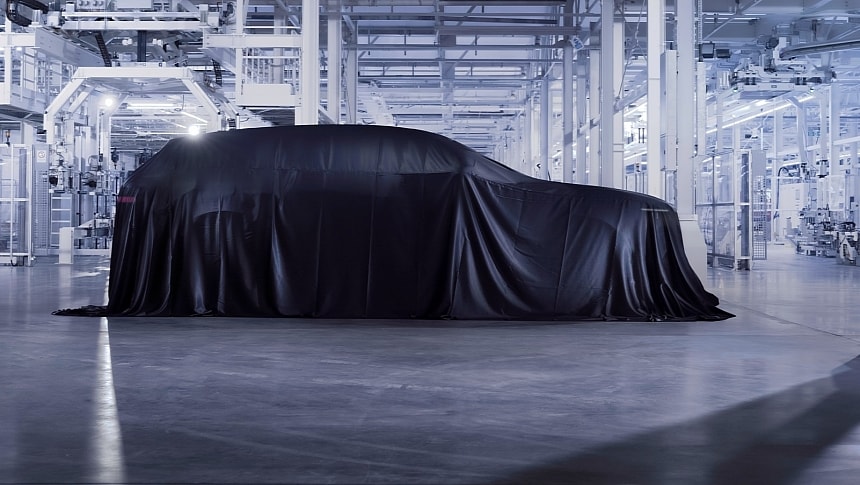Pay-per-mile charges are inevitable but the government’s proposal fails to take advantage of EVs’ best features
The planned new EV tax as reported is so badly constructed that it’s going to alienate most electric car drivers.
Those who’ve made the switch, of which I’m now one, are under no illusion that a version of the fuel duty will eventually catch up with them.
But the system as proposed and reported includes none of the modern nudge features that makes electric car ownership so satisfying.
The idea is that drivers will pay per mile, which on the face of it is the right way to construct it. But the proposal that we’ll pay in advance on an ‘estimated’ amount and then try to claim back for any miles not travelled is the opposite of the clever gamification EV owners have learned to exploit for gain.
On a basic level that gamification means charging at night for cheaper rates, but clever tariffs such as Intelligent Octopus Go can also fill the car for a cut price rate at any time there’s an excess of renewable energy. Charger networks will ping an alert to their users that low rates are on offer for the next few hours for the same reasons.
In the future, electricity companies will be able to suck energy back from EVs to balance the grid, resulting in money back for the EV owner. Those with solar panels can almost charge for free.
A blanket number of miles per year is the complete opposite of this. Where is the nudge to encourage off-peak driving with cheaper rates? The nudge to save energy by driving more efficiently. Even petrol and diesel drivers enjoy that one, with less fuel duty paid as a result.
It’s clear why the Labour government is proposing this particular method. It’s cheap and doesn’t seem like the government is tracking your every movement. But the way it’s being proposed runs counter to the digitally-enabled give-and-take that’s become part of EV owners everyday lives.
This method is just a blunt stick. Even road tolls would be smarter.
